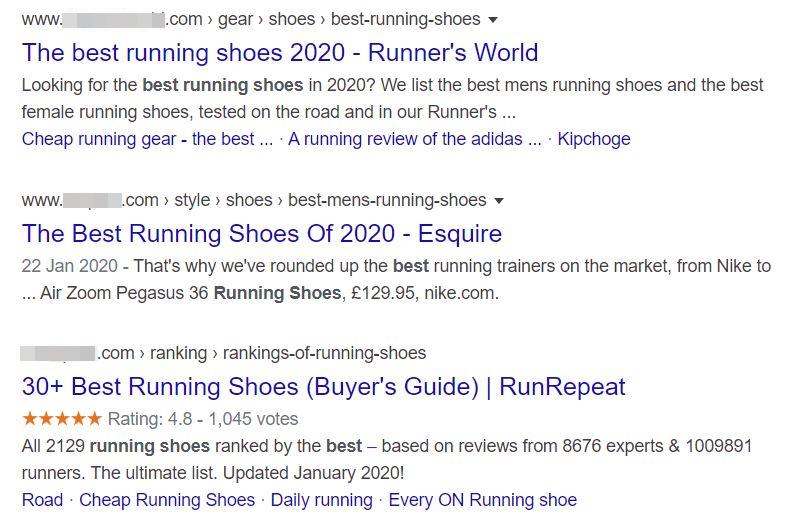We take a look at the good, the bad and the somewhat ugly implications of unintentionally targeting the same keyword on multiple pages.
If you’ve been running your website for several years, there’s a chance that you’ll have multiple pages that target the same keyword or topic.
The purpose of SEO is to dominate the SERPs, so surely targeting the same keyword on different pages is a good thing, right?
But why is this (potentially) a problem?
Not necessarily, as it can cause issues.
Two words: keyword cannibalisation.
What’s the Big Deal?
Keyword cannibalisation occurs when a single website unintentionally targets the same keyword on two or more pages.
A common misconception surrounding cannibalisation is that having several pages rank for the same term “confuses” Google.
But as we’ve established in previous modules, Google’s a pretty smart cookie when it comes to understanding the content on a web page. Therefore, what you consider to be the most relevant page for a particular search query, may not align with what search engines like Google deem to be most relevant.
It’s all about search intent – remember that?
If Page A ranks for 500 keywords and Page B ranks for 800 keywords – it’s very likely that there’s going to be some sort of overlap in terms of shared keywords.
However, the critical differentiator here, is that the content on both of these pages will likely serve different search intents.
This is why product pages struggle to rank for informational queries.
Let’s take a look at the search results for the keyword “best running shoes”.

We can see that each of the pages are blog articles as opposed to product or category pages from eCommerce websites selling running shoes.
This boils down to the fact that people searching for this query are not looking for product pages.
But that doesn’t mean cannibalisation won’t hold you back, because in some cases it can drastically impact your site’s performance.
The (Somewhat) Good, the (Mostly) Bad and (Downright) Ugly Implications of Keyword Cannibalisation
Have Mercy on Your Crawl Budget
If you have a small site, this won’t be much of an issue. But targeting the same keyword on multiple pages means that Google is crawling and indexing pages that offer little value and are probably not needed.
For large eCommerce websites offering multiple variations of products for instance, this could potentially impact your crawl budget (the number of times Googlebot requests to crawl your site) and could effectively result in other important pages not being crawled or indexed.
Diluted Authority
When two or more similar pages are battling it out for the same search query, you’re effectively splitting the CTR between them.
On top of this, you’re also diluting the power of the links, the anchor texts used to link to them, as well as the content on the pages themselves.
Unintentional Rankings
You’ve got two pages ranking in the first page of Google for the same keyword – awesome! Not awesome. The star page that you want to rank for, is actually ranking lower than the other one.
This is where it gets pretty ugly, because it means that the page you really want to target is missing out because other, lower quality pages are “stealing” its precious visits.
The Caveat
As the heading implies, it’s not all doom and gloom though!
In fact, there is one unique case where cannibalisation actually works in your favour.
If you have two pages that are consistently ranking in positions 1 and 2 for the same keyword – you’ve won the jackpot, and you don’t need to worry about keyword cannibalisation.
Why is this good?
Well, holding the top two spots in the SERPs means CTR (click through rate) will be through the roof, which also means users are less likely to click through to other competing pages lower down the results page.
Where a problem may arise, is in the unlikely case where the page ranking in position #2 had a better CTR than the page in the top spot.
In later modules, we’ll walk you through our own process of identifying and solving different types of keyword cannibalisation.